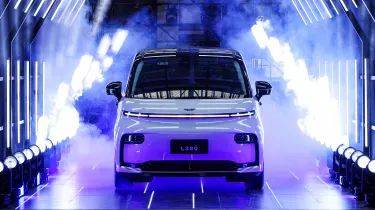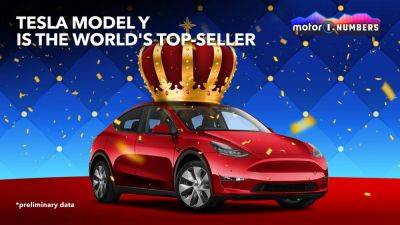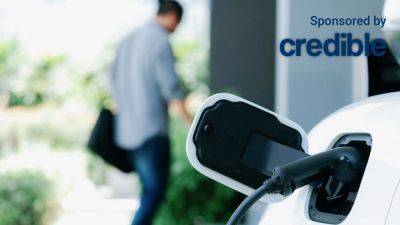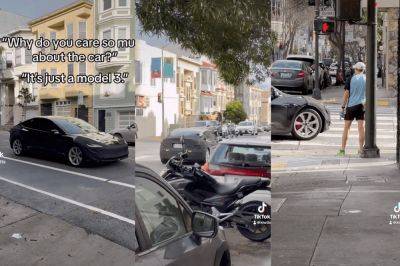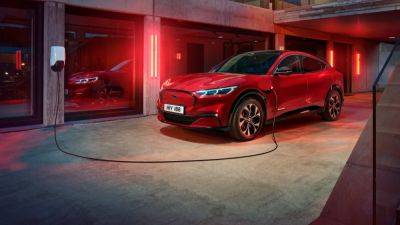For consumers shopping for an EV, new rules mean fewer models qualify for tax credit
DETROIT -- U.S. consumers looking to get a tax credit on an electric vehicle purchase have fewer models to choose from under new rules that limit the countries where automakers can buy battery parts and minerals — a potential blow to efforts to reduce planet-warming emissions from autos.
The Inflation Reduction Act signed into law in 2022 expanded tax credits ranging from $3,750 to $7,500 for purchases of new and used EVs, an effort by the Biden administration to stoke demand toward its goal that half of all new vehicle sales be electric by 2030. But qualifying for the credits depends on requirements related to their battery makeup and minerals that get tougher each year.
As of Jan. 1, new rules favor U.S. domestic materials and manufacture. The rules largely target battery components from nations “of concern” — mostly China, but also Russia, North Korea and Iran.
China dominates crucial parts of EV battery supply and production, even as automakers race to establish key mineral and components efforts elsewhere. As a result, only 13 of the more than 50 EVs on sale in the U.S. are eligible for the credits so far this year, down from about two dozen models that qualified in 2023.
The Tesla Model Y SUV, Chevrolet Bolt compact car and Rivian R1T pickup truck all still qualify. But even different trim levels and variants of the same model now qualify differently; certain Teslas are no longer eligible.
Neither are the Chevrolet Blazer SUV and the Cadillac Lyriq, from General Motors; the Ford Mustang Mach-E; or the Nissan Leaf.
Potential buyers can check eligibility at https://fueleconomy.gov/feg/tax2023.shtml.
Carmakers say they're scrambling to source parts that will make their models eligible for tax credits, but those parts can't be sourced overnight, especially as several automakers are chasing the same goal.
Some experts said they expect the reduced selection of tax-credit-eligible EVs to have only a passing impact on growing consumer acceptance, especially as car makers hustle to get their models qualified.
“There’s still enough variety out there in terms of vehicles. There are still the incentives that we’ll see from automakers as they balance their inventory. There are



